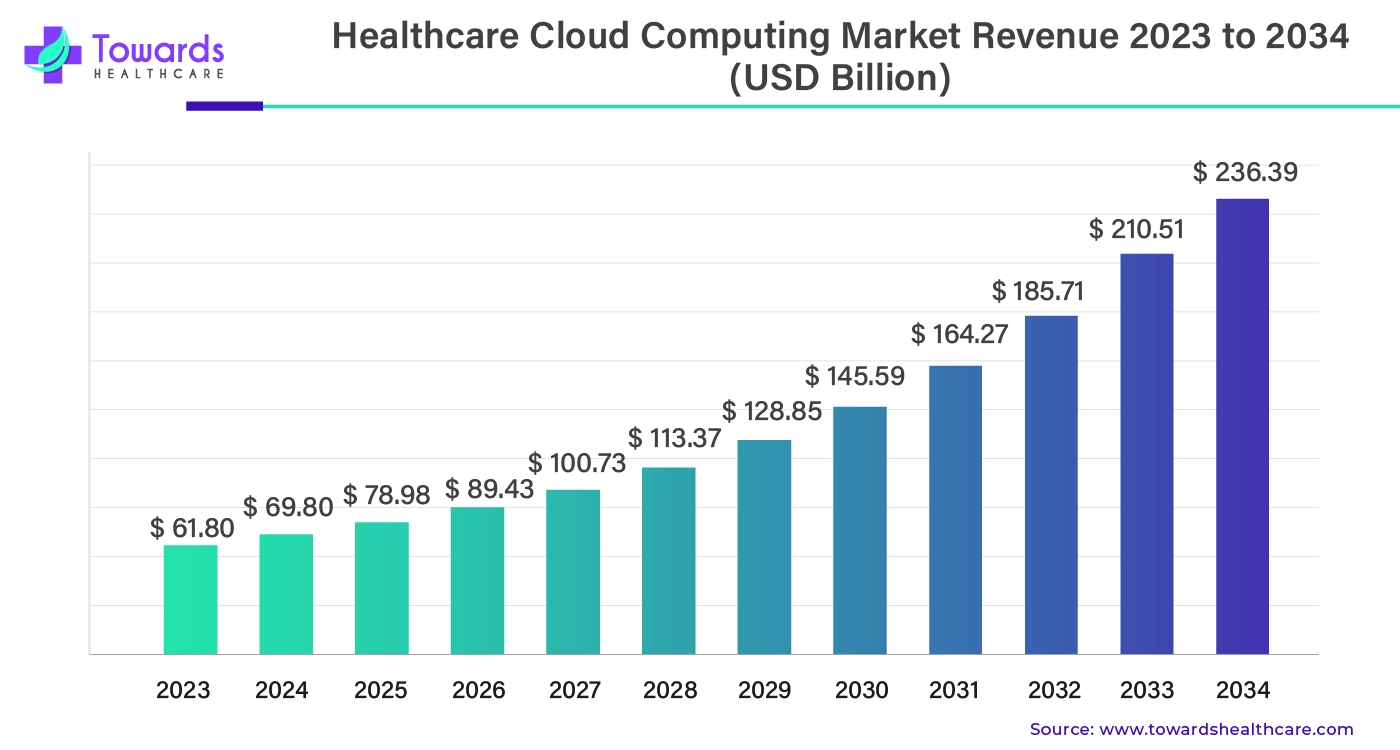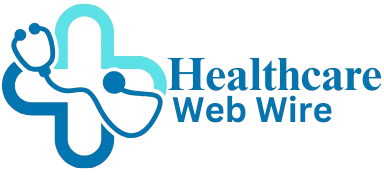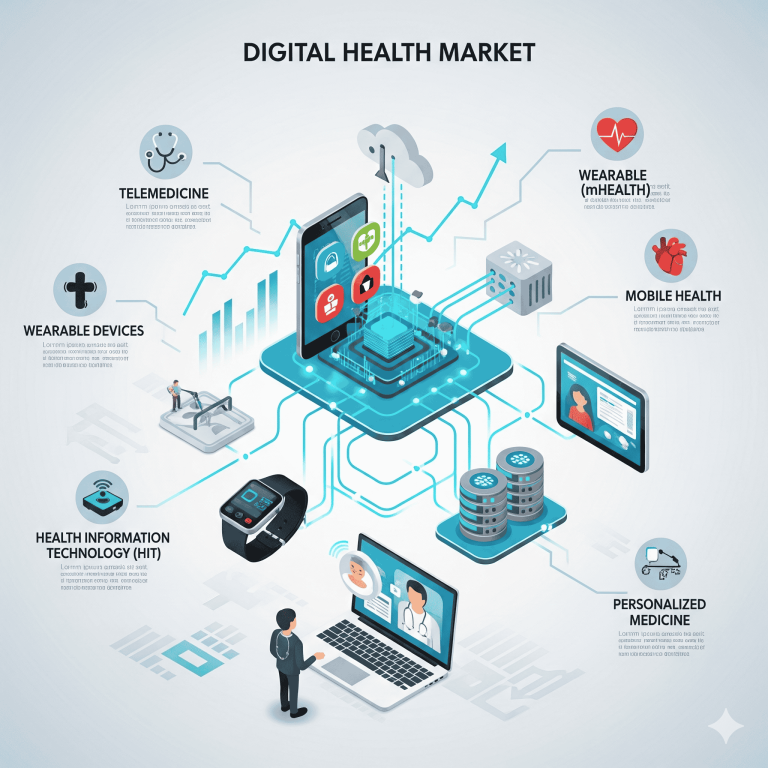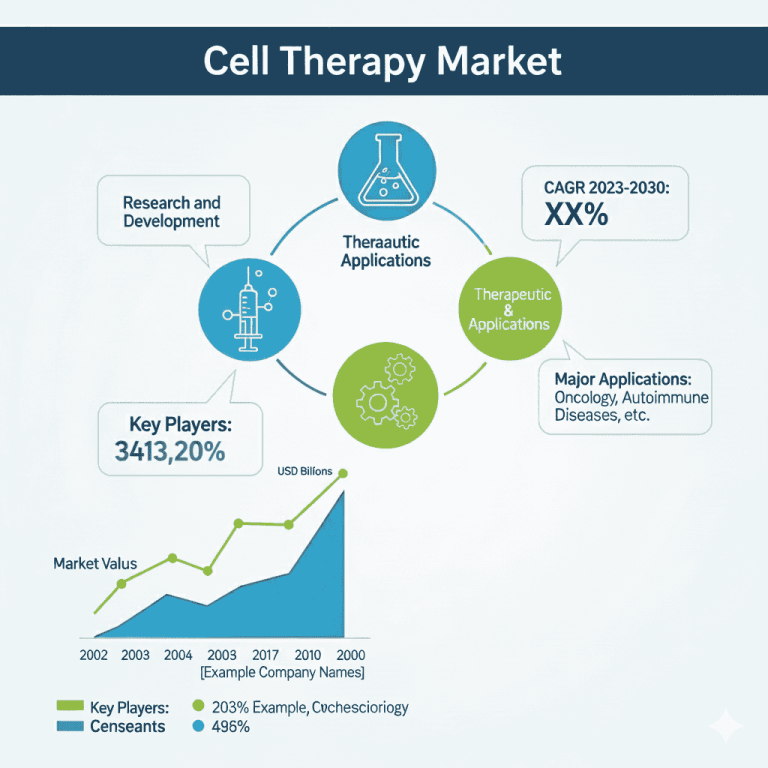Cloud computing has revolutionized the way services are delivered across various industries, and healthcare is no exception. In today’s digital era, cloud computing has become an integral part of the healthcare system, offering essential resources to handle vast amounts of data generated daily. This includes infrastructure, storage, software, tools, and more. As healthcare providers face the challenge of managing a growing volume of patient, staff, financial, and operational data, cloud computing has emerged as a solution to ensure smooth and efficient management.
The healthcare industry generates enormous amounts of data every day, including patient records, medical histories, diagnostic results, financial transactions, and treatment plans. With the increase in the number of patients and advancements in healthcare technologies, the data produced is not only large in volume but also diverse in nature. Storing and managing such data on local devices and systems can be a daunting task, often leading to issues such as data silos, slow access, and risk of data loss.
Why Cloud Computing is Essential for Healthcare
Cloud computing offers a solution to these challenges by providing on-demand access to computing resources over the internet. This includes:
- Infrastructure as a Service (IaaS): Healthcare organizations can rely on cloud service providers to offer the necessary infrastructure, such as servers and networking resources, without the need for large upfront investments in physical hardware.
- Storage Solutions: Healthcare data, especially patient records and medical images, requires a secure and scalable storage solution. Cloud storage offers flexible and cost-effective options, ensuring data is accessible anytime and anywhere.
- Software as a Service (SaaS): Cloud-based software applications streamline healthcare operations, from patient management to billing, diagnostics, and treatment planning. These applications can be updated and maintained remotely, reducing the burden on in-house IT staff.
- Data Security and Compliance: Given the sensitive nature of healthcare data, security is paramount. Cloud service providers adhere to stringent data protection standards and regulations, such as HIPAA, ensuring that patient information remains secure and compliant with legal requirements.
- Collaboration and Accessibility: Cloud computing enables healthcare professionals to collaborate in real-time, regardless of location. This ensures quicker decision-making and enhances the efficiency of patient care.
Healthcare Cloud Computing Market Size and Growth
The global healthcare cloud computing market has experienced significant growth and is poised to continue expanding in the coming years. The market size was estimated at US$ 61.80 billion in 2023 and is projected to grow to US$ 236.39 billion by 2034. This growth is expected to rise at a compound annual growth rate (CAGR) of 13.05% from 2024 to 2034.

Get All the Details in Our Solution – Download Brochure @ https://www.towardshealthcare.com/download-brochure/5221
As the healthcare sector continues to evolve and the amount of data generated rises, the need for effective cloud-based solutions becomes even more critical. Storing and using data on personal devices or local systems can cause slowdowns, which are a major issue in the fast-paced world of healthcare. This is why cloud computing has become a necessary tool for ensuring the smooth flow of operations in healthcare organizations, enabling them to manage, store, and analyze data efficiently.
The Growing Need for Cloud Computing in Healthcare
As the healthcare sector continues to evolve, the need for cloud computing solutions becomes more apparent. Increased patient numbers, the expansion of healthcare networks, and the demand for more sophisticated data analytics all contribute to the mounting challenges of data management.
- Scalability: Cloud computing provides scalability to meet the growing demands of healthcare organizations. Whether a clinic is handling a few patients or a large hospital is managing thousands of patient records, cloud services can adjust to their needs without the hassle of infrastructure upgrades.
- Cost-Effectiveness: Cloud computing eliminates the need for significant upfront investments in hardware, reducing costs for healthcare providers. Additionally, organizations only pay for the resources they use, which makes it more affordable, especially for smaller healthcare providers.
- Disaster Recovery: Cloud services ensure that data is regularly backed up, making it easier to recover in case of technical failures or emergencies. This is critical in healthcare, where the loss of patient data can lead to severe consequences.
Our Table of Content (TOC) covers key healthcare market segments, materials, technologies and trends—helping you navigate market shifts and make informed decisions: https://www.towardshealthcare.com/table-of-content/healthcare-cloud-computing-market-sizing
Invest in Our Premium Strategic Solution @ https://www.towardshealthcare.com/price/5221
We’ve prepared a service to support you. Please feel free to contact us at sales@towardshealthcare.com
Web: https://www.towardshealthcare.com
Visit Dental Specifics: https://www.towardsdental.com
Get the latest insights on industry segmentation with our Annual Membership: Get a Subscription
For Latest Update Follow Us: https://www.linkedin.com/company/towards-healthcare




